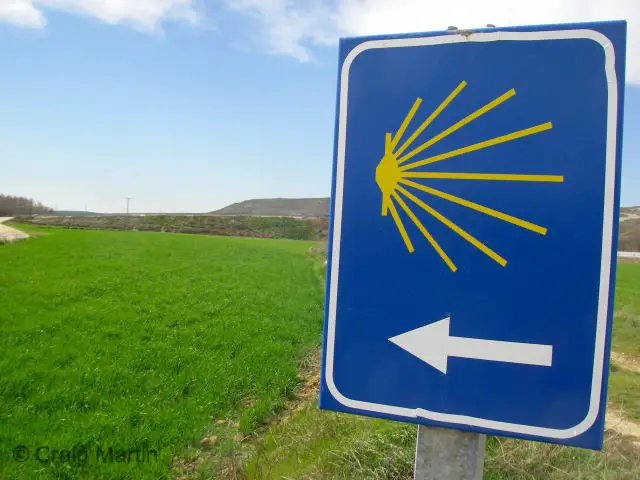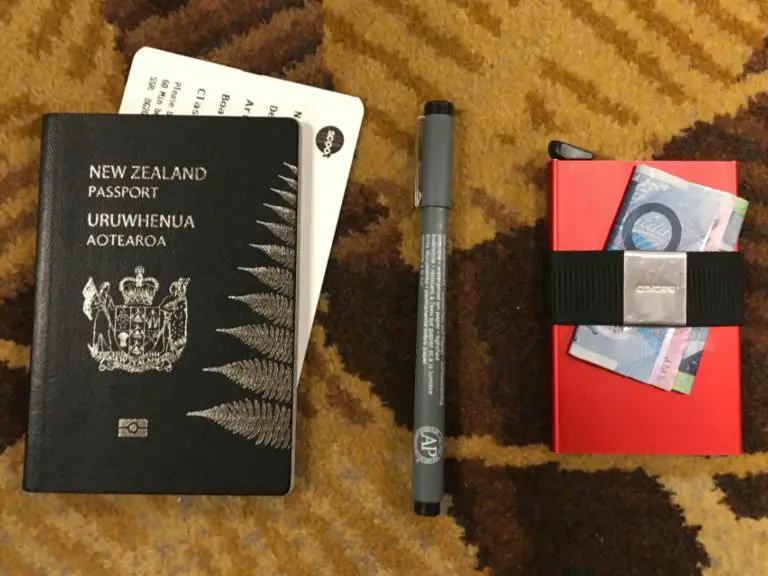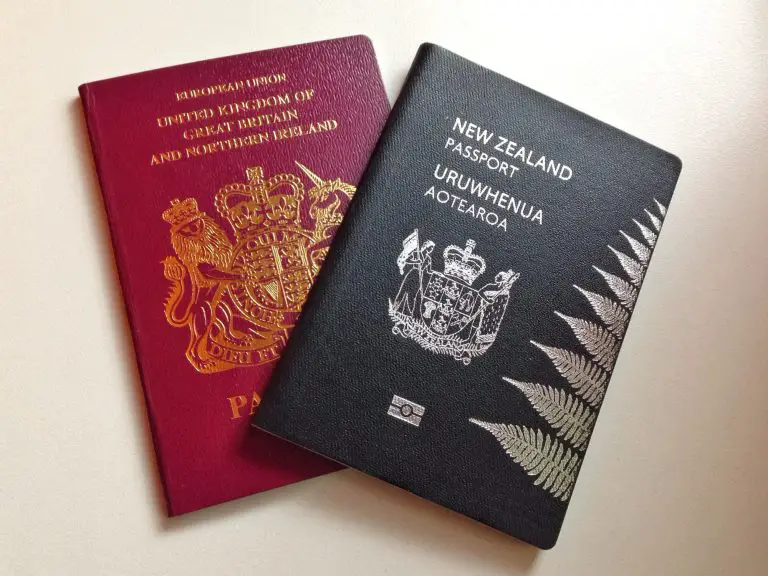How to plan your Europe trip podcast
Europe! The Eiffel tower, gondolas in Venice, enormous beers in Germany. Europe is full of imagery and experience, and if you’re planning your first trip to the Continent, it can be a bit overwhelming to know where to start.
This is especially true if you’re coming from far afield, such as North America or Down Under, but even if you’re in the UK or another European country, there’s still a lot to consider when organising a Europe trip.
Of course, the preparation is totally worth it — you’re going to have an awesome journey.
To listen, hit play below or find episode 350 in iTunes, Stitcher or Soundcloud:
So, where do we start?
Before doing anything else, consider these three questions:
- How long is your trip: a week, a month, a year?
- What are your main aims for the trip? Do you want to focus on one area, or see as much as possible? Are you keen to do certain experiences, and visit certain locations, or play things by ear?
- How much do you have to spend?
Once you’ve got a basic idea of the answers to those questions (which may well change as you continue to prepare your trip) you can move on to the planning stage.
1. Start planning
Dream
Start by immersing yourself in information about Europe. While it’s small in comparison to other continents, it’s still enormous, and there are so many different countries and cultures packed into its borders. Some of these get very little press, so you may never have heard of them, but they’re certainly worth a visit.
Pick up books from the library, brochures from the travel agent. Leave them on the coffee table to browse through when you have a moment, and gradually build up an idea of what there is to see. Check out Google Earth, zoom into areas that interest you — I loved checking out Toledo, for example!

Research
Then move on to digging a little deeper. Get a paper map and draw potential routes on it. Look into how you might get around, where you might stay. We find Rome2Rio, AirBnB and Booking.com great places to get this information — but don’t book anything at this point!
Consider visas
Once you’ve got an idea of potential routes and destinations, look into the visa situation — and you may well find you don’t need to apply for any visas at all. Entry to many European countries is covered by a Schengen Visa, which allows stays of up to 90 days within the area — and citizens of many countries (including the US, Canada, Australia and New Zealand) are exempt from having to apply for the visa. You will still be limited to 90 days within the area, though, with the exception of New Zealanders. Read about that here.
So, if you’re planning to be in Europe for less than three months, visas may not be too much of an issue. If you’re planning to stay longer, you can — you just have to organise things carefully so that you are in the Schengen zone for no more than 90 days out of 180. Luckily, there a quite a few non-Schengen countries that are worth a visit.
Read about the Schengen Area on Wikipedia and about how to apply for a visa if you need one.
2. Research flights.
Once you’ve got an idea of the key places you’d like to visit, it’s time to start looking into flights. These are likely to be one of the largest expenses of your trip, so it’s worth taking time over.
We tend to start by looking at the travel agents to see what deals are on offer, then move on to looking at flight aggregate sites like Skyscanner and deal sites like Secret Flying to find other flights available. You may have to jump on a particularly good deal if it comes up in your research, but it’s also important to take the time to understand the conditions of the flight you’re purchasing.
For example, many budget airlines charge extra for things you might consider essentials, such as food and luggage. We tend to go with the cheapest flight available in order to have more to spend on the trip, but you might prefer the convenience of inflight meals and entertainment.

If you’re a first-time traveller, you may want to consider booking through a travel agent, as this gives you an added layer of security: they tend to help with any issues with flights that come up! They might also have access to some deals that aren’t available online, so they are definitely worth considering. We’ve bought several flights through travel agents in the past.
When researching your flights, make sure to consider various options, such as one-way flights, return flights, or open jaw tickets. Open jaw tickets allow you to fly from you start point to one destination, and return home from another. If you’re booking your flights yourself, this will probably mean two one-way tickets.
Also make sure to consider alternative airports — if you’re flying to Vienna, for example, nearby Bratislava is a good option. If you’re going to Italy but don’t mind where you start, try running a search that doesn’t specify an arrival city.
3. Plan your stay/route
Next, it’s time to plan your route. Take the information you accumulated in your research and start making some choices. You may choose to just pin down your flights and play the rest by ear — that’s fine! I prefer to have a rough itinerary, with an idea of transport and accommodation options, and some people like to have everything more or less mapped out.
If you’re in the latter camp, make sure not to cram too much into your itinerary. As a general rule, we recommend staying for at least two nights in each destination — it means you can enjoy each destination more!
If your time is short, or you want to fit in a lot, you might want to consider a tour. Companies like Intrepid offer great multi-country trips that can save you a lot of trip-planning time.
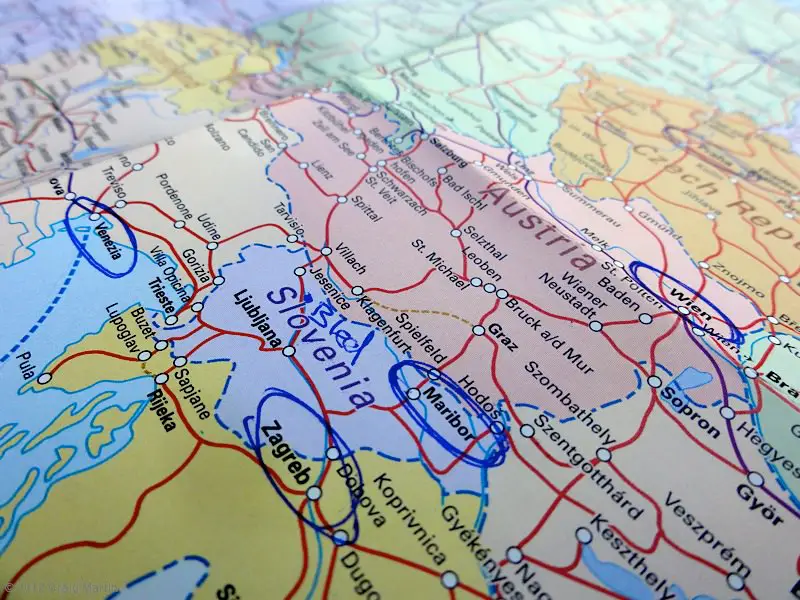
4. Internal transport
Once you’ve got a rough idea of the route you want to take, start to think about how you’re going to get from place to place. Use Rome2Rio for ideas — you may find out that there’s a direct bus and a train for the route you want to take for example — then visit local websites to confirm times and prices.
A rail pass like the Eurail pass (also known as a Eurorail pass) may be a good option for some of your transport, but isn’t great value for some countries (like Italy, for example). Combine it with budget flights and point-to-point bus and train tickets.
Check out our podcast about how to get around in Spain — most of the tips here are also valid for the rest of Europe.
5. Accommodation
Europe has the normal range of accommodation options — check out our comprehensive guide to travel accommodation here. Be aware that systems might be a little different to what you’re used to, though. For example, when we first started travelling, we assumed we’d need sleeping bags when staying in hostels, since most of the hostels we’d used previously required them. But in Europe, using your own sleeping bag was not allowed due to bedbug issues.
We recommend you do a little research on sites like AirBnB and Booking.com in advance to get an idea of prices in your destinations, but don’t book everything in advance (unless that’s your preference). Reserve your first few nights, so you have somewhere to stay when you first arrive, and book the rest while you’re on the road. This increases your flexibility — you can stay longer in places you really love, and move on from places you’re not enamoured with.
However, in peak times (May in France, most of summer in Europe in general) make sure to book at least a few days in advance or you may find the options are limited.

6. Activities and events
If you’re interested in attending festivals, make sure you know when they’re taking place and that you plan your route around them. You’ll certainly want to book your accommodation and transport in advance for popular events.
You might like to consider planning to attend alternative versions of popular festivals, such as Munich’s Oktoberfest. Oktoberfest is celebrated in many other places as well, and you’re likely to have a more authentic experience if you choose one in a less well-known location!
Discounts and city passes
Many pricy activities can be made more affordable if you make use of the discounts available. For example, many museums across Europe are free one day a month, others are cheaper or free to enter after a certain time of day. Discounts are sometimes available for groups, or if you arrive by train. City passes can also be great value if you want to do a lot of sightseeing.
Do a little research and you can save quite a bit!
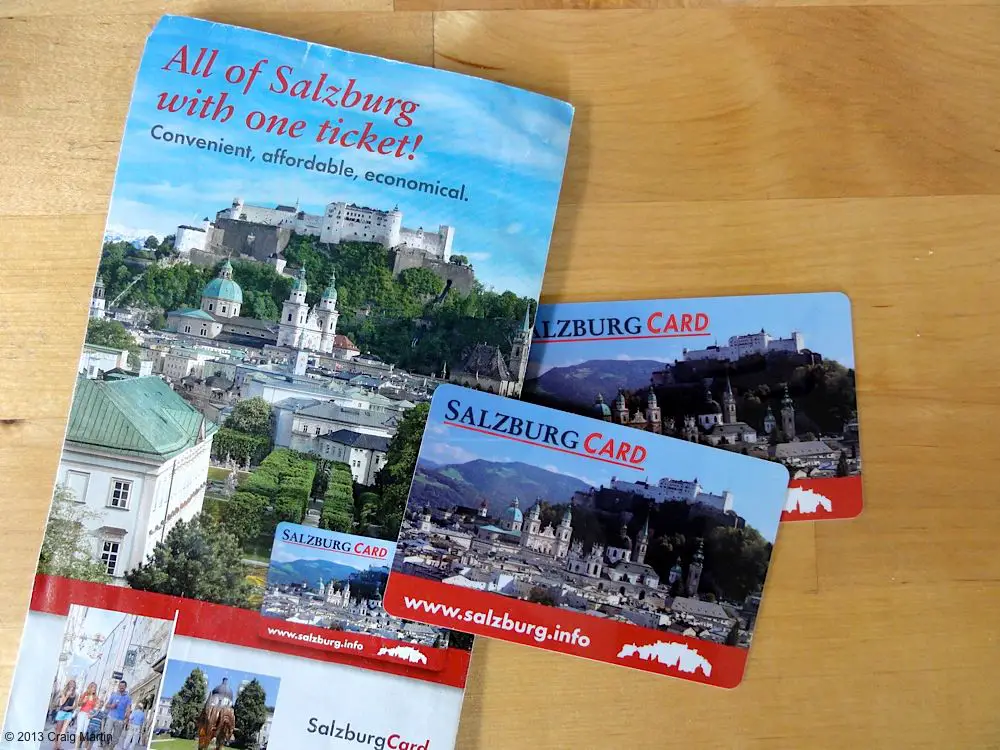
7. General notes
Language
We always recommend you learn a few words of the language in each country you’re going to. Check out our language page for advice on learning a new language, or learn the words for the following as a great start:
- Numbers 1, 2, 3
- Beer
- Wine
- Coffee
- Your favourite drink
- Please
- Thank you
- Bathroom
Phone
Telecommunications is a lot simpler these days, since you can use a SIM card purchased in one country right across the EU. Get a good data pack in the first country you visit and you should be able to use it in your next destination. Just make sure you take an unlocked phone with you! Topping up can be a challenge from other countries, though, so you might want to consider purchasing extra top-up vouchers before you leave the country you purchased the SIM card in.
Sun Lounge Radio
At the end of this episode, you can hear a snippet of Craig and Linda’s chat with Adam on Sun Lounge Radio. If you like it, subscribe to Sun Lounge Radio on iTunes or stream the show on TuneIn.
[box] This episode of the Indie Travel Podcast is sponsored by Big Domain.
Big Domain is about bringing people together, and with their selection of large holiday homes, sleeping 10 people or more, they have the perfect collection of places to stay for group holidays and gatherings of all kinds.
From villas in the sun to cosy ski lodges and grand country houses, they offer a wide selection of places to stay in some of the top destinations around the globe.
Find out more about Big Domain.[/box]
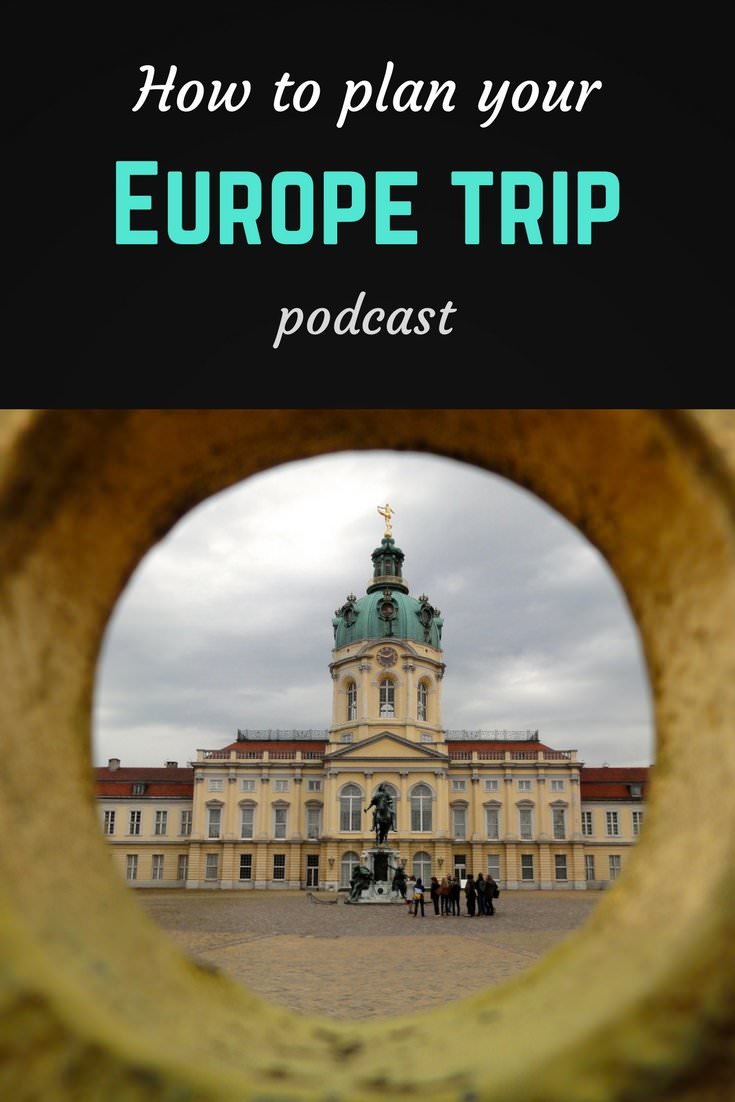
Note: some of the links in this article are affiliate links, which means we get a small commission if you purchase after clicking them — at no additional cost to you.


